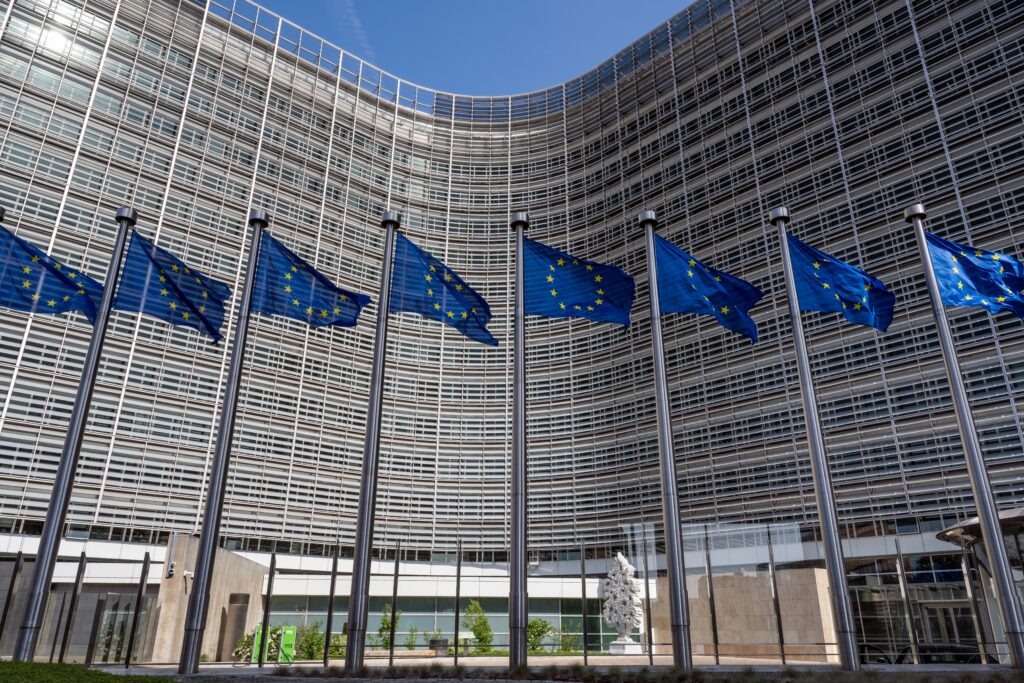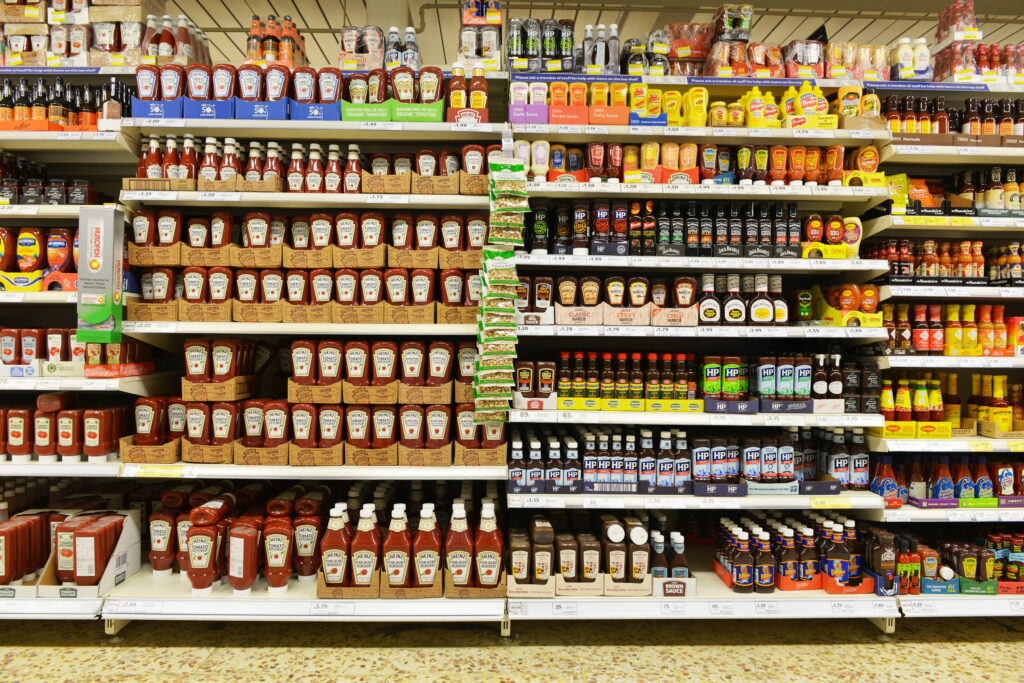European Parliament and the European Council (EC) have both concluded an “early second reading” of the agreement. The EC is now expected to fully adopt the changes before it is taken to parliament for final endorsement.
EU spokesperson (rapporteur) Anna Zalewska commented: “During the final negotiations round, Parliament succeeded to secure provisions making sure that food waste and textiles waste as part of the municipal waste will be further reduced.
“We succeeded in ensuring feasible and realistic provisions for member states to implement food waste reduction policies and we managed to ensure that the agriculture sector will not be negatively impacted.
“We also set up the legal framework to ensure that producers contribute to the effective separate collection of textiles they produce. We managed to lower the administrative burden both for member states and economic operators.”
Every year, almost 60 million tonnes of food waste (132 kg per person) and 12.6 million tonnes of textile waste are generated in the EU.
In June 2022, the European Commission launched a consultation on revising the (WFD) and, in July 2023, the Commission formally proposed a revision of the EU rules on waste – targeted at food and textile waste.
Under the existing WFD, EU countries were required to set up separate collection of textiles by 1 January 2025.
The WFD does not apply to the UK since its departure from the EU.
Food waste

Members will now be required to meet two separate food waste targets for 2030:
- A 30% reduction for in retail, restaurants, food services and households
- A 10% reduction for food processing and manufacturing
The reduction will be calculated based on the amount of waste each member produced between 2021 and 2023.
Textiles

EU countries will now have to implement extended producer responsibility for textiles (tEPR) to cover the costs of collecting, sorting and recycling waste textiles.
The systems will need to be in place within 30 months of the WFD changes coming into effect. They will be required to apply to micro-enterprises 12 months later.
The regulation is to include to all producers, including those operating online marketplaces.
It will apply to clothing, accessories, footwear, blankets, bed linen, kitchen linen, curtains and hats. Each state may choose to include mattresses.
Negotiators also agreed that member states should address ultra-fast fashion and fast fashion practices when setting out the financial contributions to the tEPR schemes.
Criticism from Zero Waste Europe
Zero Waste Europe (ZWE) has criticised the food waste targets and have said that EU co-legislators have “abandoned ambition”.
The NGO also voiced concerns that the targets do not “apply equally across the whole food supply chain”.
Theresa Mörsen, waste and resources policy officer at Zero Waste Europe, said: “The EU and its Member States committed to the UN Sustainable Development Goals 10 years ago, including a 50% reduction of food waste across the entire supply chain as outlined by SDG 12.3.
“Yet, now that it’s time to introduce binding targets, our leaders shy away from decisive action, ignoring the huge impact food waste has on climate change. Ambitious and legally binding targets are an essential tool in bringing all countries and all food businesses on board in the fight against food waste.”
Zero Waste Europe celebrated the decision around tEPR but noted the lack of concrete targets.
The result leaves a lot of room for improvement.
– Theresa Mörsen
Mörsen continued: “We were hoping that Member States would take inspiration from existing schemes in France and the Netherlands and underpin EPR with concrete targets to achieve circularity.
“That said, legislators have also introduced measures to target the root cause of the problems we see in the sector today: fast fashion and overconsumption. The text allows Member States to adapt fees paid by producers according to the length of use of textile products.”
2029 review of WFD revisions
Negotiators have scheduled a further review of the changes to the WFD for 2029.

Reportedly, members will not be required to take action against food losses and waste at the food processing and manufacturing stage if the 10% target is not met. This may be addressed in a review in 2029.
European Parliament originally backed plans to include a provision for sorting waste before landfill or incineration to prevent “key recyclables” from going to waste. Zero Waste Europe expressed hope that this will also be addressed in the 2029 review.
The NGO added that it hopes that concrete targets for tEPR will be added during the next review stage.
Janek Vahk, zero pollution manager at Zero Waste Europe, concluded: “[Ensuring] access to secondary materials is vital for scaling up circular solutions, this step, though delayed, is a move in the right direction.”









Subscribe for free